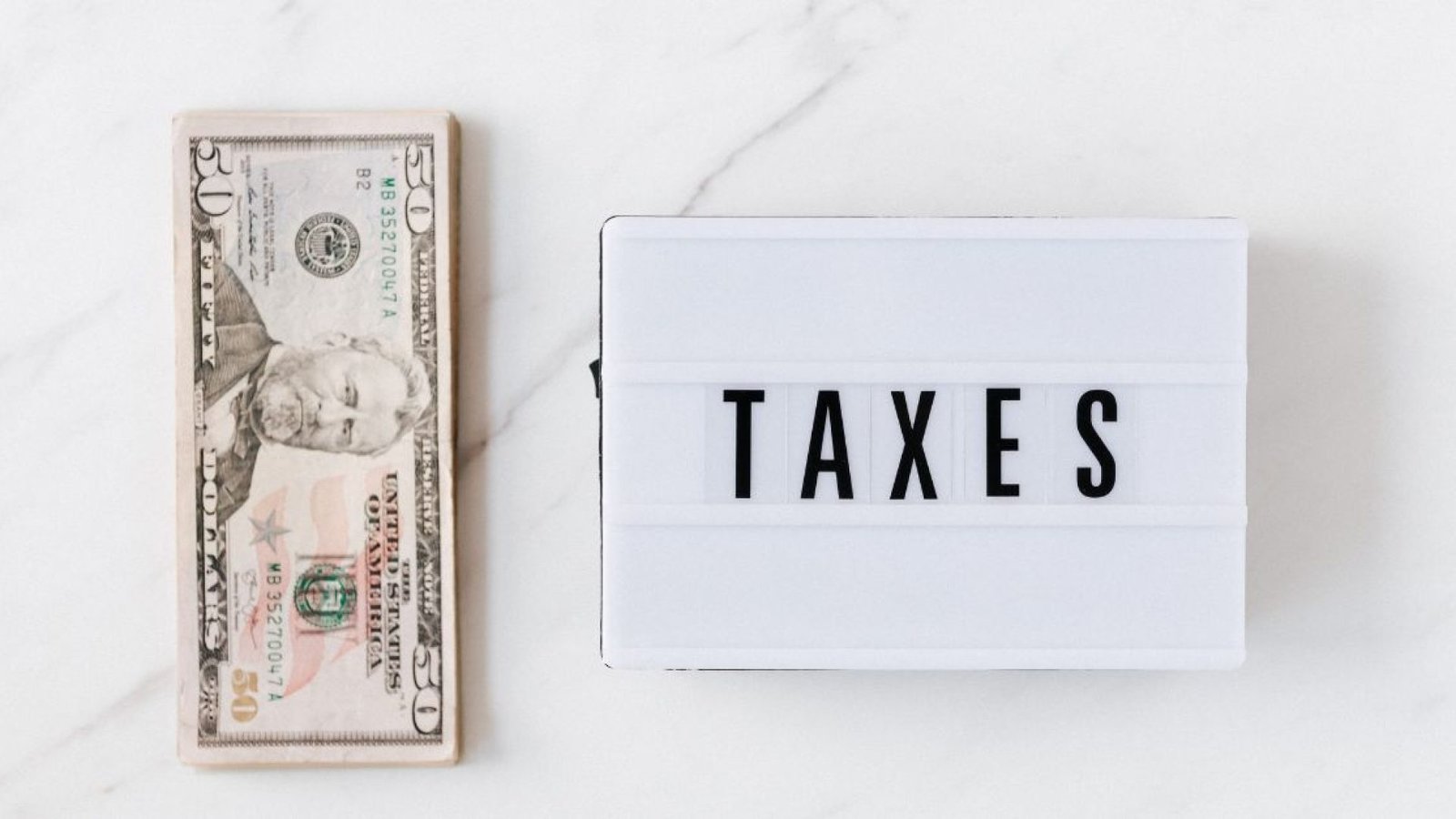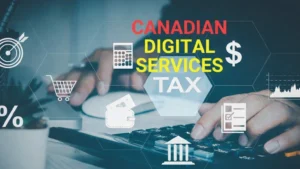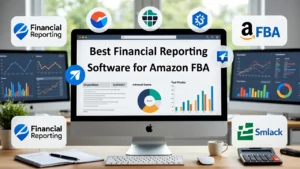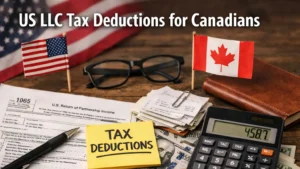When you earn money from sources outside the United States, it’s crucial to understand how the US tax system treats that income. While you can’t completely avoid paying taxes on foreign earnings, you have the opportunity to employ various legitimate strategies for US citizen living abroad tax exemption to minimize your tax obligations.
In this comprehensive guide, we’ll take a detailed look at ten highly effective tactics on US citizens living abroad tax exemption . The strategies for US citizen living abroad tax exemption will not only assist you in retaining a more substantial portion of your hard-earned international income but also ensure that you remain fully compliant with US tax regulations.
If applied correctly, strategies for US Citizen living abroad tax exemptions can make a significant difference in optimizing your financial outcomes. So, let SAL Accounting assist you in making the most of your foreign earnings while keeping your tax bill as low as legally possible.
Table of Contents
- Claim the Foreign Earned Income Exclusion (FEIE)
- Utilize the Foreign Tax Credit Strategies for US Citizen Living Abroad Tax Exemption
- Smartly Organize Your Business
- Understand Tax Treaties for US Citizen Living Abroad Tax Exemption
- Use Tax-Friendly Accounts
- Live Where Taxes Are Low
- Hold Assets in Tax-Efficient Structures
- Understand Passive Foreign Investment Company (PFIC) Rules
- Report Foreign Bank Accounts
- Seek Professional Tax Advice
- Take Away:
- FAQs
Claim the Foreign Earned Income Exclusion (FEIE)
The FEIE is like a special tax exemption tool for US citizens living abroad. It lets you keep some of the money you earn overseas without paying US taxes on it.
To use this tool, you must show that you’re closely connected to another country. You can do this by either:
- Spending most of your time in a foreign country (at least 330 days in a year)
- Proving that you genuinely live in another country for an entire year.
How much money you can keep without paying US taxes on it changes from year to year. For 2023, it’s as much as $112,000 per person.
Utilize the Foreign Tax Credit Strategies for US Citizen Living Abroad Tax Exemption
If you have to pay taxes to another country because you work or make money there, the US doesn’t want to tax you twice. So, it offers something called the Foreign Tax Credit (FTC).
The FTC helps you avoid paying taxes twice on the same income. If you’ve already paid taxes to another country, you can use the FTC to lower your US tax bill.
To get this credit, you’ll need to fill out a form called Form 1116 when you do your US taxes.
Form 1116 is a specialized tax form designed for US citizens living abroad who generate income from foreign sources. This form plays a pivotal role in ensuring you do not end up paying taxes twice on the same income.
With Form 1116, you report the income earned abroad and the foreign taxes you’ve paid, leveraging the US citizen living abroad tax exemption to potentially reduce your U.S. tax liability. When tax matters become complex, seeking advice from a tax expert is a prudent step to navigate the intricacies of international tax obligations effectively. They also assist you with effective strategies for US citizen living abroad tax exemption.
Smartly Organize Your Business
If you run a business in another country, you can choose how to set it up in a way that saves you money on taxes. Here are some options to think about:
- Foreign Corporation: You can create a special type of business in another country that might help you delay paying US taxes until later.
- Tax Treaties: Check if the US has special tax agreements with the country where your business operates. These agreements can mean lower tax rates on certain types of income.
- Transfer Pricing: Be cautious when you purchase and sell items between your US and foreign businesses because these rules ensure that you are not attempting to evade taxes.
Note: Transfer pricing is a crucial practice that large multinational companies employ to determine the prices at which they buy and sell goods and services between their branches located in different countries. This serves the dual purpose of accurately assessing the profitability of each branch and managing tax liabilities.
It’s important to emphasize that adhering to established rules and regulations is paramount to ensure that transfer prices are fair and not manipulated to evade taxes, including the US citizen living abroad tax exemption. Companies that fail to execute this process correctly may face legal and financial consequences.
It’s a good idea to seek guidance from a tax expert who knows about international taxes and strategies for US citizen living abroad tax exemption to help you pick the best way to organize your business and save on taxes.
Using the strategies for US citizen living abroad tax exemption, the right way can help you keep more of your money when you earn it in another country while following all the rules.
Understand Tax Treaties for US Citizen Living Abroad Tax Exemption
- Tax treaties are like special deals between countries on how they tax people who earn money in both places. These deals can change how your foreign income gets taxed.
- Each tax treaty is different, so it’s important to check the one between your home country and the United States. This document will tell you if there are any special rules or ways to save on taxes.
- For example, some treaties can lower the taxes you pay on certain types of income like dividends or interest. Knowing these rules can help you pay less tax legally.
The US-Canada Tax Treaty is like a deal between the United States and Canada. It helps people avoid paying taxes on the same income in both the countries along with fixing who gets how much tax.
Use Tax-Friendly Accounts
In the US, there are special bank accounts that give you tax benefits. These include Individual Retirement Accounts (IRAs) and Health Savings Accounts (HSAs).
IRAs help you save for retirement while possibly lowering your current tax bill. When you put money into traditional IRAs, you might pay less in taxes right now.
HSAs are for saving up for medical expenses. When you put money in an HSA, it’s like getting a discount on your taxes because you don’t have to pay taxes on that money. And if you use it for doctor visits and medicine, you don’t pay tax on what you take out.
The cool thing is that these accounts can give you tax advantages even if you earn money abroad. But the rules can be tricky, and they might not work for everyone. It’s better to seek guidance from a tax advisor to figure out how to use these accounts while you’re working in another country.
Live Where Taxes Are Low
Some countries have lower taxes than the United States. If you can choose where you live, think about making your home in a country with lower taxes.
But here’s the tricky part: some countries might charge you when you decide to leave, and their tax laws can be pretty confusing.
Also, remember that the United States taxes its citizens and residents on all the money they make anywhere in the world. So, even if you live in another country, you’ll still have to pay some US taxes.
This plan needs lots of careful thinking and understanding of your circumstances. Before you decide to change where you pay taxes, it’s really important to talk to a tax expert who knows all about international taxes. They can help you understand how it all works and make sure you’re following the rules.
In a nutshell, strategies for US citizen living abroad tax exemption can assist U.S. expats, in legally reducing their tax obligations on the income they earn abroad. It’s important to note that U.S. expats may still have tax obligations to the U.S. on their foreign income.
However, the effectiveness of strategies for US citizen living abroad tax exemption depends on various factors, including your financial situation and the specific countries you are dealing with. Additionally, considering the US citizen living abroad tax exemption is vital when implementing these tax-saving techniques.
That’s why it’s always a good idea to reach out to SAL Accounting tax accountants who better understand taxes and can help you make the best choices while following all the tax laws.
Hold Assets in Tax-Efficient Structures
If you have a lot of investments in other countries, think about how you can protect your money and pay fewer taxes.
One smart idea is to consider putting your investments in special places called offshore trusts or holding companies. These can help you follow the rules and legally pay less in taxes.
For example, offshore trusts can give you more control over your money and might help you pay less tax. Holding companies can also help manage your investments wisely.
The important thing is to set up your investments in a way that matches your financial goals along with helping you follow the tax laws. Talking to tax experts who knows about international taxes is often a good idea.
Understand Passive Foreign Investment Company (PFIC) Rules
If you’re putting money into foreign mutual funds or similar schemes, it’s important to know about the PFIC rules.
PFIC stands for Passive Foreign Investment Company, and the IRS has special rules for these kinds of investments. Not following these rules can lead to serious tax problems. The rules are as follow:
- Form 8621 Filing: You must submit IRS Form 8621 to report PFIC investments. Form 8621 is a form you fill out and give to the IRS to inform them about your investments in foreign companies. It helps the IRS know how much money you made from these investments and how much tax you owe to them.
- Higher Tax Rates: PFICs may lead to increased tax rates, along with interest charges on deferred taxes.
- Annual Reporting Obligation: You’re required to report income, gains, and distributions from PFICs on an annual basis.
- Excess Distribution Tax: Receiving an excess distribution from a PFIC could result in extra taxes and interest.
- Mark-to-Market Election: In some cases, you can opt for a mark-to-market election, affecting how you report PFIC income.
- Qualified Electing Fund (QEF) Election: Alternatively, you can choose to treat the PFIC as a QEF, necessitating the inclusion of your share of the PFIC’s income in your yearly tax return.
- Penalties for Non-compliance: Failing to adhere to PFIC reporting may lead to penalties.
Under these rules, some foreign investments might have extra taxes, interest charges, and more rules to follow.
To deal with these rules the right way, you need to learn which investments are affected, understand how taxes work, and make plans according to the strategies for US citizen living abroad tax exemption. Sometimes, it’s smart to get help from financial and tax experts.
Report Foreign Bank Accounts
The US government takes reporting foreign bank accounts very seriously. Two important things to remember are FBAR and FATCA.
FBAR means you have to report your foreign bank accounts every year if the total amount in those accounts is higher than a certain amount.
FATCA means that foreign banks have to tell the US government about accounts owned by US taxpayers.
If you don’t follow these reporting rules, you could end up with big fines and even legal trouble.
To avoid these problems, make sure you understand how much money is legally allowed in your foreign bank accounts before you need to report them. Keep good records, and make sure you submit the reports on time.
Seek Professional Tax Advice
Figuring out US taxes on the money you make in other countries can be hard. Tax laws are tricky, and they can change a lot, making it tough to understand the rules and pay the right amount of tax.
That’s why it’s super important to talk to tax experts who are well informed about international taxes.
These experts understand tax laws, including special rules and agreements between countries. They can help you figure out how to follow the rules and pay less tax.
Plus, they can help you make a plan that fits your money goals and keep your tax bill as low as it can legally be, all while making sure you’re following the law.
Take Away:
In summary, while you can’t completely avoid paying US taxes on money you earn from abroad, there are strategies for US citizen living abroad tax exemption to legally pay less. Here are the main points to remember:
First, you can use tools like the Foreign Earned Income Exclusion (FEIE) and the Foreign Tax Credit (FTC) to reduce how much of your foreign income gets taxed in the US.
Next, check if there’s a tax treaty between the US and your home country. These treaties can help you save on taxes and avoid paying taxes in both countries.
If you have a business in another country, think carefully about how you set it up. The way you structure your business can affect how much tax you owe. It’s a good idea to talk to experts about this.
Moving to a place with lower taxes might sound tempting, but it’s not always straightforward. Sometimes, you may have to pay extra taxes when you leave the US. Before making such a move, get advice from people who know about taxes in both places.
Make sure you follow all the rules about reporting your foreign bank accounts and income. If you don’t, you could face big fines.
Finally, throughout this process, it’s smart to consult with experts who specialize in international taxes. They can help you make the right decisions and strategies for US citizen living abroad tax exemption.
FAQs
What’s the Foreign Earned Income Exclusion (FEIE), and who can use it?
The FEIE helps Americans living abroad avoid paying US taxes on a part of their foreign earnings. If you qualify, you can exclude up to $112,000 (in 2023) of the money you earn overseas from being taxed in the US.
How does the Foreign Tax Credit work, and when can I use it?
The Foreign Tax Credit (FTC) is like a discount on your US taxes for the money you already paid as taxes in another country. You can use it when you’ve paid taxes abroad on the same income that the US wants to tax you on. It prevents you from being taxed twice on the same money.
Do any special agreements with other countries help lower my US taxes on the money I make overseas?
Yes, the US has special agreements, called tax treaties, with many other countries. These treaties can change how your money is taxed and sometimes make sure you don’t pay taxes in both the US and the foreign country. You should check the treaty between your home country and the US to see if it helps you.






